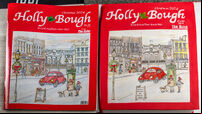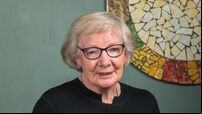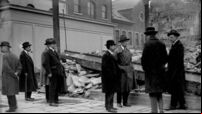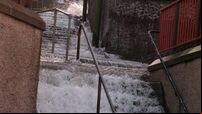The Cork city schools built with help from a knight
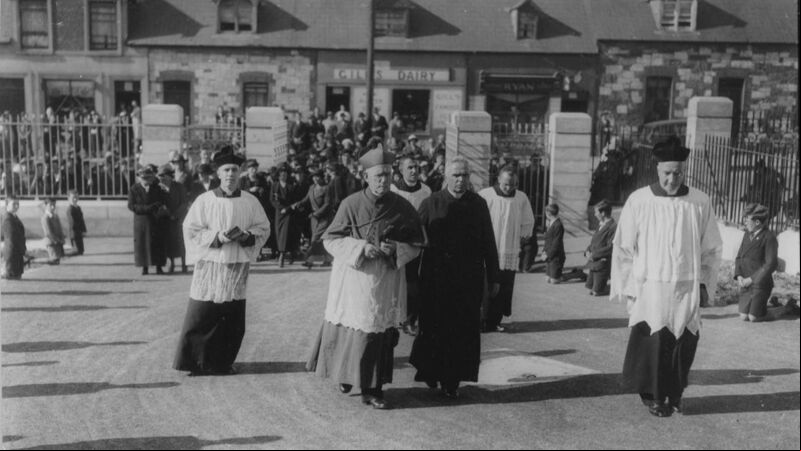
Bishop Daniel Cohalan and his entourage as they arrive to bless the new schools at Turner's Cross (1938).
On page five was a photograph captioned ‘Field Marshal Goering, who made a dramatic speech about the invincibility of and taunted England and Czechoslovakia’.
Below the picture was a local headline reading: ‘The official opening of new schools: Facilities for new residential area of Cork’, above a lengthy news report on a ceremony that had occurred that morning in Turner’s Cross.
Two new schools, one for boys and one for girls, had been officially opened in a part of the city greatly expanded in recent years, and a crowd of some 800 children had been there for the official opening.
A Mass had been celebrated by Bishop Daniel Cohalan and other of the clergy at the Church of Christ the King, itself only seven years in existence, before “his Lordship, escorted by the clergy, walked to the new schools, some fifty yards distant, where the respective groups of pupils formed guards of honour from the entrance gates.
“The Bishop solemnly blessed each of the extensive school buildings in turn, while outside the schools practically the entire congregation from the church reassembled.”
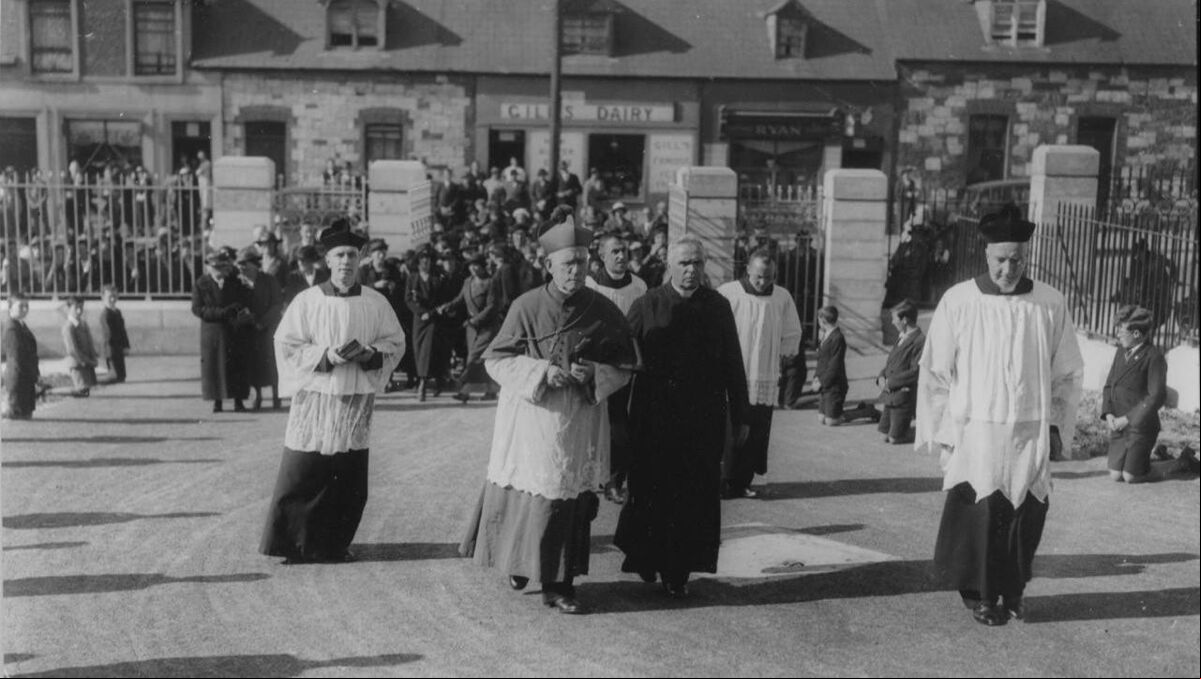
More than a decade earlier, at a time the fledgling State was attempting to tackle appalling housing conditions, the Cork Town Planning Association had produced Cork: A Civic Survey (1926), examining slum conditions in parts of the Middle Parish and the areas around Barrack Street, Shandon Street and Blarney Street, and providing a template for Cork Corporation’s new housing developments in Gurranabraher, Turner’s Cross, Capwell and Friars Walk.
Cohalan had commissioned the new church at Turner’s Cross in 1927, the first Irish church to be built entirely from concrete rather than brick. Christ the King opened in 1931 and remains architecturally significant almost a century later.
It became a parish church in 1957 when Turner’s Cross was made an independent parish by Cohalan’s successor, Bishop Con Lucey.
As soon as Christ the King had opened, Bishop Cohalan began to lobby for the establishment of two new primary schools in Turner’s Cross, to meet the educational needs of children in the growing working-class area. However, with the already impoverished new State now embroiled in the ruinous Anglo-Irish Economic War, his pleas would go unanswered until 1938, when a new agreement allowing Irish exports to Britain was signed.
The blessing ceremonies, that September morning, were attended by the superior-general of the Presentation Brothers, Rev Bro Angelus Keane, and Presentation brothers, and the Reverend Mother and Presentation sisters.
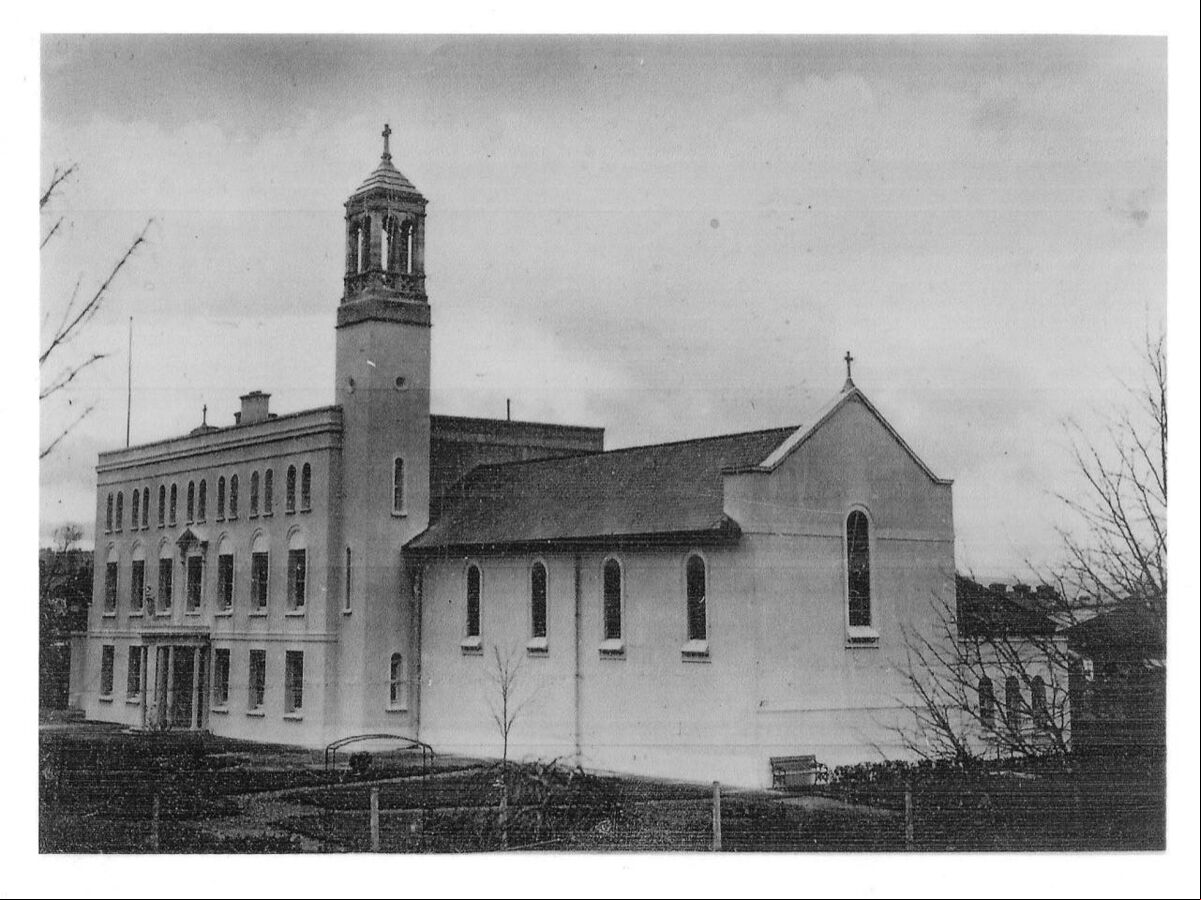
The site was donated to the order by the Rev Sir John O’Connell, a Dublin solicitor and businessman who had served as a justice of the peace in Co Cork, receiving a knighthood in 1914.
When Sir John’s wife died in 1921, he was ordained a priest in Westminster.
The Rev Sir John, who would himself go to his reward some five years after the Turner’s Cross schools opened, was unable to attend the opening ceremony.
However, would report, “As long as the schools stand will his kindness be ed”.
Inside the main entrance to the girls’ school was erected a stained glass window “to the glory of Christ the King” and dedicated to the memory of Dame Mary O’Connell, the Rev Sir John’s wife.
The entrance hall also featured another window, designed by the Rev Sir John, depicting the Blessed Virgin and the Infant Jesus.
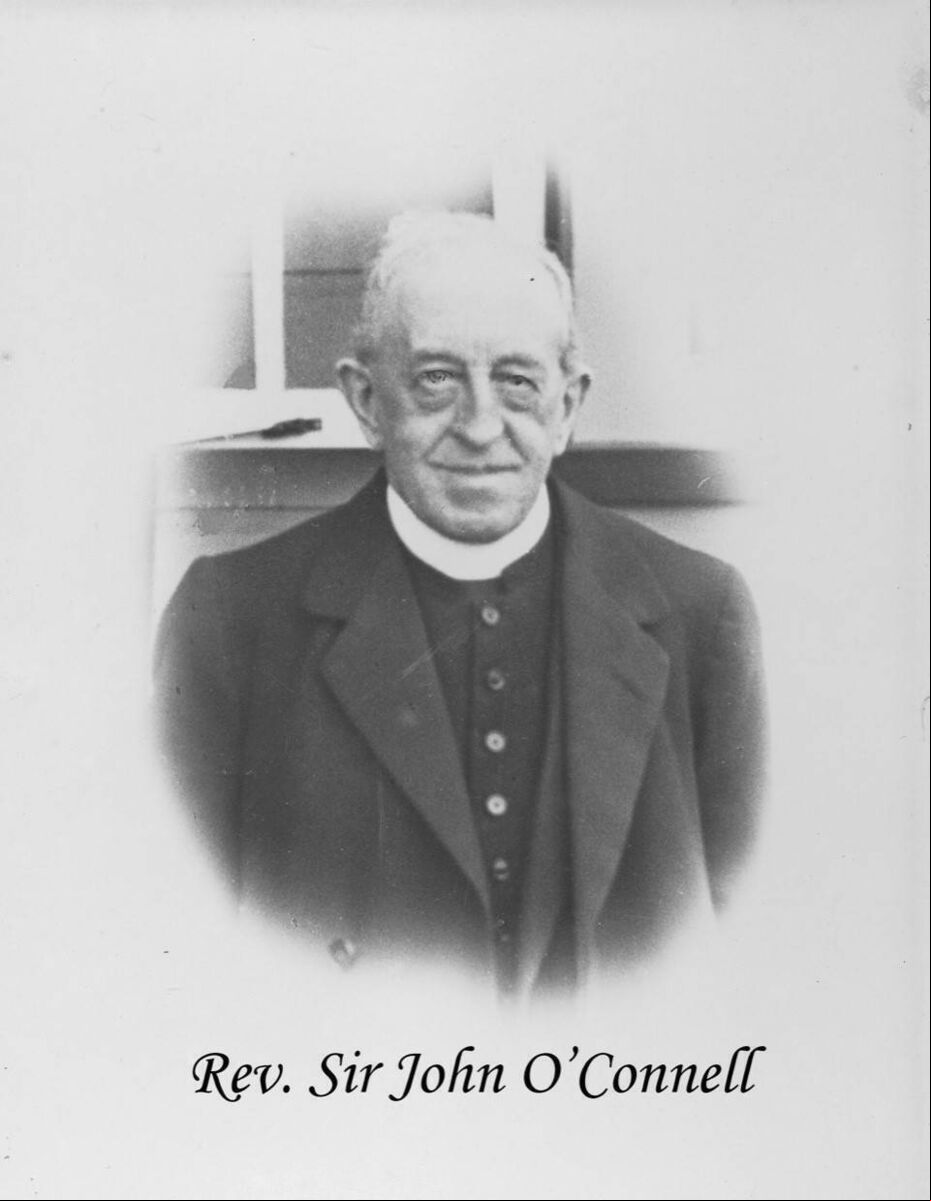
The day after the schools opened, The Cork Examiner gave the story a picture lead and a two-page spread.
The front of was, in those days, devoted to ments, and among those featured that Tuesday morning were notices for Roches’ Stores, Thompson’s Bakery, and “a complete funeral service” from O’Connor Bros, North Gate Bridge, telephone 888.
There was also a pair of eye-catching notices offering cash prizes for the best original stories, poems, and cake recipes for “the Christmas number of the and the ”.
Page three was effectively the first news page readers saw, and that morning it was devoted to photographs of various events, with one featuring prominently: “The Most Rev Dr Cohalan, Bishop of Cork with the Superior General of the Presentation Brothers, of the clergy, and others closely interested in the official opening of the new Schools at Turner’s Cross, Cork”.
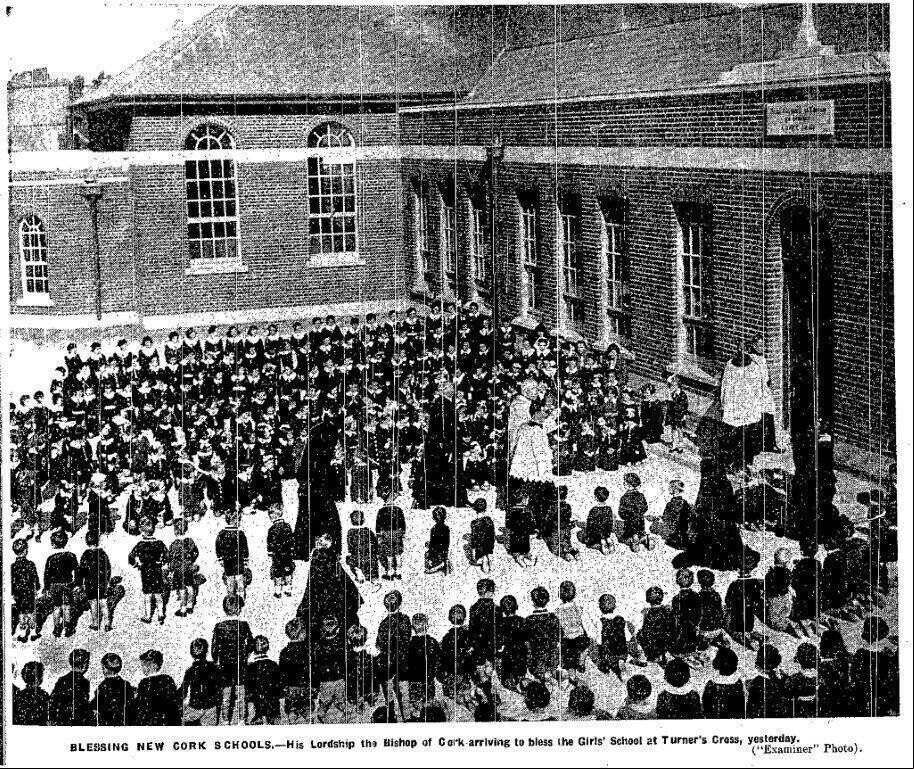
Another photograph of the opening of the Turner’s Cross schools depicted row upon row of tiny children, most of them kneeling, before “His Lordship the Bishop of Cork arriving to bless the Girls’ School”.
Other pictures showed: “J Bruen Jr, winner of the Irish Amateur Open Golf Championship”, “The pixie’s dream – a pretty tableau at Fermoy, Co Cork”, and the recent wedding of “Mr Kevin Kerrigan, Fingall, Rockboro and Miss Eileen O’Mahony, Gordon Terrace, Richmond Hill”.
Across pages six and seven, reprinted the previous day’s news report on the schools’ opening – it was not unusual for the sister newspapers to share stories, and indeed it is something that happens occasionally even now between the and .
After the reprinted copy, the story expanded into a news feature about the building of the school, and it stated that the cost of the boys’ school exceeded £13,000, with the Department of Education contributing £8,286. The girls’ school cost almost £15,000, with the department contributing two-thirds of that amount.
The boys’ school, Scoil Chríost Rí, would cater for some 350 pupils, with 10 teachers, six of whom were Presentation Brothers and four of whom were lay teachers.
The girls’ school, Christ the King Girls, would accommodate about 450, with 11 teachers, seven of whom were Presentation sisters. (In 2011, some 73 years after the opening, the two schools would be amalgamated as Bunscoil Chríost Rí, a thriving co-educational primary school with 479 pupils from 40 different countries.)
noted of the girls’ school: “the necessity for the school may be judged from the fact that already the number on the rolls is in or about [450]”.
Designed by Cork architect Dominic M O’Connor, the schools “represent the very latest in design and one of the basic principles behind them is care for the health of the pupils”.
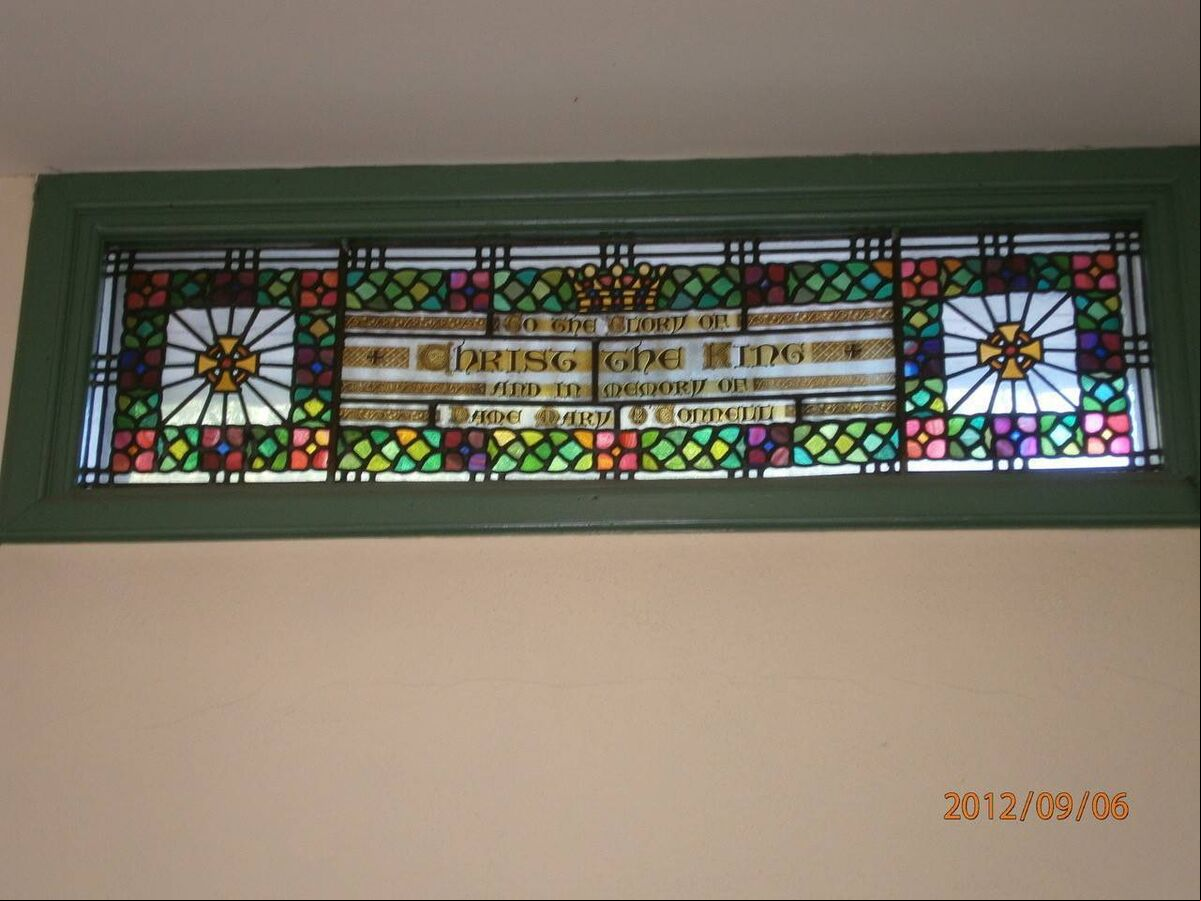
The two-page spread ended as an advertising feature, with a paragraph each devoted to the various companies that had all been part of the establishment of the two schools.
Each of those businesses – the likes of John A Wood, Barrys’ Timber Yard, Liam Russell’s Bookshop, Eustaces of Leitrim Street, Neff Bros, Chas McCarthy & Sons Plumbers of Emmet Place, and Haughtons Builders Providers of the South Terrace - had ments across the two pages of the spread..
Following the school’s opening, Bishop Cohalan spoke after a luncheon in the assembly hall of the girls’ school.
“Then if we look at the schools that have now been erected, and reflect that prior to that there was an extraordinary development of this whole area as a residential district, and a very attractive district it is, we find that it is very complete as regards the church and the schools,” Bishop Cohalan said.
“I hope that these schools will rival any schools of their time either in Cork or out of it.”

